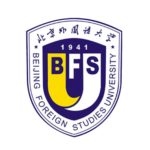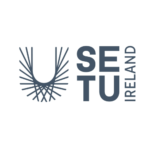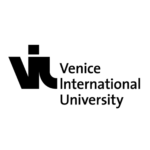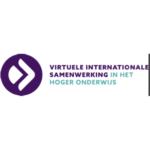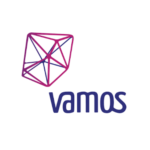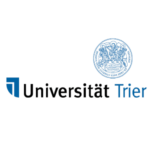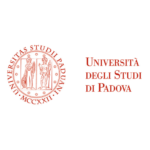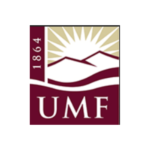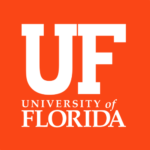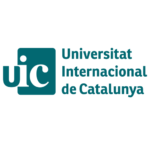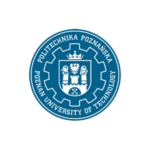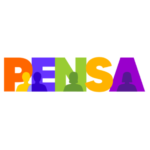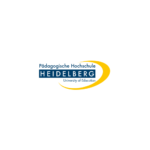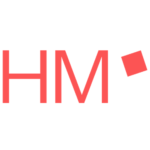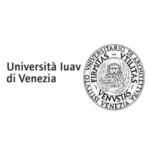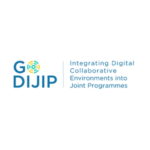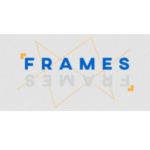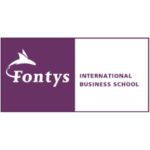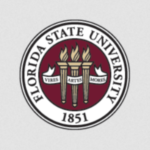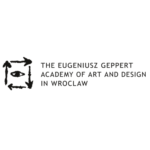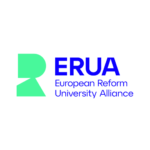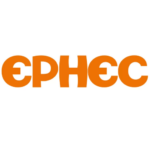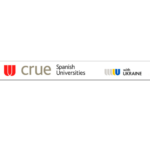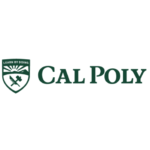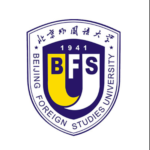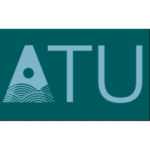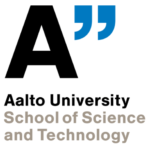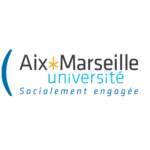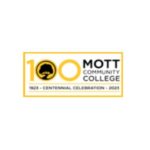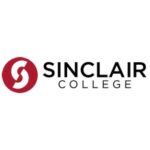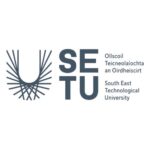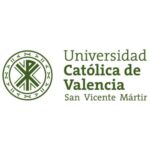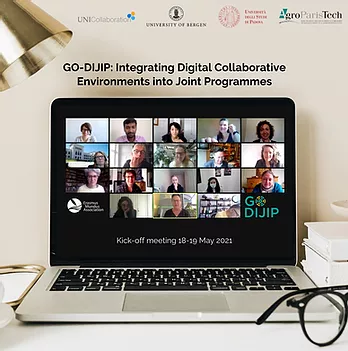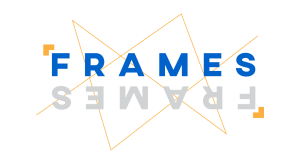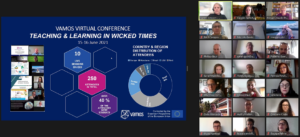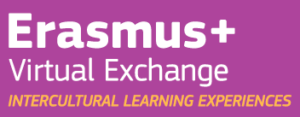UNICollaboration projects
UNICollaboration and its members have been involved in various international and European projects in the area of telecollaboration and virtual exchange. You can find an overview of current and recent projects below.
Critical Virtual Exchange in Artificial Intelligence:CVEinAI
CVEinAI in partnership with UNIMED and the University of Padua
Project start and end :
February 2025-January 2028
UNICollaboration is partnering with UNIMED and the University of Padova in a European Commission funded project entitled CVEinAI – Critical Virtual Exchange in Artificial Intelligence.
The “Critical Virtual Exchange in Artificial Intelligence – CVEinAI” project aims to address rapid advancement in AI by applying the Critical Virtual Exchange (CVE) methodology and fostering collaboration among European and Sub-Saharan Africa Higher Education Institutions (HEIs) to bring diverse perspectives to the table, enriching the learning experience for all involved.
Through these exchanges, learners, teachers and facilitators will be equipped with the tools and skills necessary to analyse AI-enhanced digital media, enabling them to responsibly navigate the ethical complexities inherent in AI applications, with an interdisciplinary approach.
Associated Partners
Murang’a University of Technology
Bomet University College
University of Namibia
Simon Diedong Dombo University of Business and Integrated Development Studies
University of Media, Arts and Communication UNIMAC
Bahir Dar University
South East Technological University
University College Cork – National University of Ireland
Université de Bordeaux
Universidade de Coimbra
National School of Political and Administrative Studies SNSPA
Culture Beyond Borders
Makerere University
VIS – Virtual Exchange project in partnership with the Netherlands
Project Start & End
Jan 2022-December 2025
UNICollaboration is one of the partners of the VIS consortium. VIS is the Dutch acronym for Virtual International Collaboration, which is an initiative subsidised by the Dutch Ministry of Education, Culture and Science. It aims to give students of universities and universities of applied sciences the opportunity to gain international experience from the Netherlands.
In this form of cooperation, there are no physical, financial, cultural or other obstacles to participation.
With the VIS subsidy, lecturers and educationalists can set up or improve VIS projects.
In addition to financial support through the grant, support is also offered in the form of advice and training.
UNICollaboration is involved in training teaching staff, both at introductory and advanced level.
GO-DIJIP Project
Project Start & End:
03/2021 – 03/2023
Project Summary:
UNICollaboration was a full partner in the GO-DIJIP project “Integrating Digital Collaborative Environments into Joint Programmes”. UNICollaboration contributed with our international network of qualified trainers in Virtual Exchange to designing and coordinating the project Training activities. These are now available to the wider public after a first Pilot.
UNICollaboration participated in the GO-DIJIP, Key Action 2 project on “Integrating Digital Collaborative Environments into Joint Programmes”. This two year project was coordinated by the University of Padova – Padova, Italy. University of Bergen, AgroParisTech and EMA, as well as UNICollaboration as full project partners.
Representatives from the European Association for International Education (EAIE), Coimbra Group, ARQUS European University Alliance and the Association for the Promotion and the Development of Joint International Programmes in Higher Education (ProDeJIP) were among the Associate Partners.
This Erasmus+ Strategic Partnership project focused on the introduction of digital elements in Joint Programmes.
GO-DIJIP had the aim of developing a digitalised, innovative, collaborative and quality-oriented Higher Education, providing instruments to sustainably mainstream new forms of virtual teaching and learning.
FRAMES – Fostering Resilience through Accredited Mobility for European Sustainable HE innovation
Project Start & End:
03/2021 – 02/2023
Project Summary:
UNICollaboration was a full partner in the FRAMES project “Fostering Resilience through Accredited Mobility for European Sustainable HE innovation”. We contributed with our international network of qualified trainers in Virtual Exchange to designing and coordinating the project Training activities. These are now available to the wider public after a first Pilot.
About the FRAMES Project
The FRAMES project was an Erasmus+ KA2 – Strategic Partnership project, which aimed to foster an harmonised implementation of blended mobility among European Higher Education Institutions (HEIs). It also aimed to make the European Higher Education Area more innovative and resilient to help universities move from the COVID-19 emergency to sustainable innovation.
The project came about due to the impact that the COVID-19 emergency was having on students mobility flows. It wanted to help European universities rethink student mobility in innovative ways. This included using digital technology to complement and enrich traditional mobility. It aimed to use mobility to build important soft skills such as intercultural communication, teamwork and critical thinking.
The FRAMES project centred around Virtual Exchange (VE), and had three main objectives:
- valorise successful scenarios of accredited Virtual Exchanges, considered as an innovative, inclusive and intercultural complement to physical mobility;
- build capacity of European HEIs to integrate and accredit Virtual Exchange as a key component of their mobility activities, towards a more inclusive and sustainable internationalisation;
- support HEIs, European Universities and HEI Networks in creating the conditions for long term harmonised integration and accreditation of physical, blended and virtual mobility.
This two year project was coordinated by UNIMED, while Sharing Perspective Foundation (The Netherlands), University of Girona (Spain), University of Limerick (Ireland), and University of Siena (Italy) as full project partners.
Project Start & End:
03/2021 – 02/2023
Project Summary:
UNICollaboration was a full partner in the PENSA project “Pour une Professionnalisation des Enseignants utilisant le Numérique pour un Soutien à l’Autonomie et à la citoyenneté (PENSA)”.
We contributed with our international network of qualified trainers in Virtual Exchange to designing and coordinating the project Training module on Virtual Exchange. This is now open to the wider public after a first Pilot.
About the PENSA Project
This two year project was coordinated by Aix-Marseille Université – France. This Erasmus+ Strategic Partnership project focused on two current issues in higher education and society. The first was the need for training and infrastructure to deliver blended, distant and/or co-modal – for example – in-class teaching simultaneously streamed to online students teaching during the pandemic.
The second was the need to educate young people to the implications in the use of social networking websites (Facebook, Youtube, etc.) at psychological, sociological, economical, and ideological levels.
The PENSA project addressed these issues with an overall approach of openness, both in the direction of open education and open source platforms. The core of the project was made up of 30 teachers and teacher trainers in seven universities, mostly part of the CIVIS European University, one academic association and a firm.
During the project, we provided training for these teachers and to reach 100 supplementary teachers with local training events. We trained the teachers to integrate blended and co-modal teaching in their classes, and we focused on the integration of telecollaboration and virtual exchange topics related to digital citizenship.
The core group implemented virtual exchange, adopting either the pedagogy of inquiry, or a collaborative creative writing approach. Through these actions, PENSA involved 400 students across Europe in developing their digital competence, plurilingual competence, collaborative skills, and learner autonomy.
The intellectual outputs of the PENSA project constituted:
- a literature review on teacher training for the integration of ICTs and for education to digital citizenship;
- an open course for teacher training for the pedagogic activities described above;
- two sets of open educational resources to implement virtual exchange adopting either the pedagogy of inquiry or collaborative creative writing;
- open source functionalities for open source platforms for teaching and training, such as Moodle, BigBlueButton and Mahara, to make those platforms more interoperable and to adapt them to co-modal teaching.
The results:
- increased digital readiness in higher education,
- to contribute to sustainable internationalisation providing guidelines to stakeholders for increasing virtual exchange and virtual mobility,
- and above all to contribute to a culture of openness both among teachers for open education, and among students for open digital citizenship, reducing the use of commercial platforms in higher education.
VAMOS Project
Project Start & End:
01/2021 – 01/2023
Project Summary:
UNICollaboration was a full partner in the VAMOS project “Virtual Exchange to Tackle Wicked Problems: Latin American and European Collaboration on Education for Sustainable Development (VAMOS)”. We contributed with our international network of qualified trainers in Virtual Exchange to designing and coordinating the project Training activities on Virtual Exchange, to help teachers implement this innovative pedagogy in their courses on Sustainable Developments.
About the VAMOS Project
VAMOS is a capacity-building project within the framework of the Erasmus+ programme running between 2021 – 2023 with a budget of 738.990 EUR. The project gathered six Latin American universities (Brazil and Honduras), two European universities (Uppsala and Padua), and one NGO with leading experts in virtual exchange (UNICollaboration).
This project was coordinated by the University of Uppsala – Sweden. VAMOS wanted to build capacity for innovative international collaboration and joint learning, with a focus on learning spaces for Education for Sustainable Development (ESD) and to co-create virtual exchange courses on addressing wicked problems. Students from all partner universities worked with the local/global sustainability issues (Wicked Problems).
The activities to facilitate a joint co-creative process of developing a virtual course(s) on local/global sustainability issues (Wicked Problems) were structured in three work packages (WP):
WP 2 Education for Sustainable Development Learning & Teaching Methods – Explored how partners in VAMOS teach Education for Sustainable Development at partner universities. The aim was to establish a common foundation on how the project team wishes to transform the way we are teaching and learning in order to meet the current and future sustainability challenges.
WP 3 Virtual Teacher Training & Course Development – Focused on how partners in VAMOS can teach sustainability together in joint international virtual courses. The training was facilitated by UNICollaboration who introduced the concept of Virtual Exchange as an innovative pedagogical approach. It guided teachers in co-creating a virtual exchange course addressing the Wicked Problems.
WP 4 Test of virtual exchange course(s) on Glocal Wicked Problems – Focused on testing and evaluating the pilots offered by partners in VAMOS. The course(s) was part of a virtual GLOCAL ESD Campus setting in which students interacted with their international peers (via video conference and interactive smart board) and worked together on wicked problems.
Further specific project objectives were to:
- Strengthen the capacity of teachers to transform university Education for Sustainable Development
- Provide training in Virtual Exchange teaching skills
- Address local Wicked Problems in society through International Virtual Exchange with students and teachers
- Empower students to become active agents in addressing Sustainable Development Goals
- Increase the relevance of Education for Sustainable Development by focusing on transversal approaches and interaction with society.
UNICollaboration was a member of the consortium developing and promoting mentoring, training and other opportunities for Erasmus+ Virtual Exchange, part of the Erasmus+ programme aimed at providing an accessible, ground-breaking way for young people to engage in intercultural learning. Working with youth organisations and universities, the programme was open to any young person aged 18-30 residing in Europe and the Southern Mediterranean. This initiative has now ended.
Member Projects
If you are a member and wish to have a current project featured on this page, please contact info@unicollaboration.org with the following information about your project: Project title, dates of project, project logo, brief (max 250 word) description, web link.
Become a member
Join our organisation as an individual or institutional member to help us promote telecollaboration and virtual exchange practice and research. Help us promote further constructive policy development in this area.
Our clients
